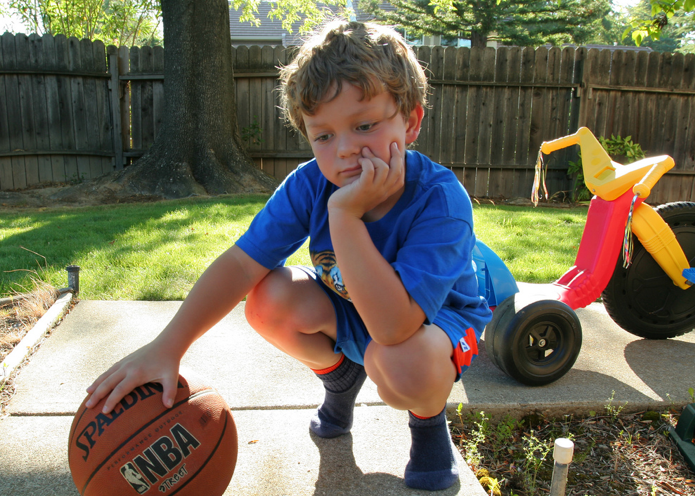Jennifer Senior’s new book on parenting, All Joy And No Fun has been receiving a good deal of attention — and deservedly so.
Recently, I read Senior’s book (and reviewed it) together with Peter Gray’s Free to Learn, which I referred to in a previous post on this blog. I deeply appreciated the ways in which the books complemented one another — particularly on the issue of trust, and of the value of allowing kids time to be bored.
In a chapter entitled “Concerted Cultivation,” Senior chronicles the near-superhuman (and occasionally crazy-making) efforts of middle class and upper-middle class families to ensure that their kids are participating in all the ‘right’ enrichment activities: sports teams and music lessons and dance lessons and Mandarin lessons and summer intensive on the campuses of Ivy League universities.
Tiger Motherhood, in other words, at least in certain enclaves of America, does not appear to be all that unusual — although few mothers would claim the title with pride.
As Nora Ephron put it in 2006 (Senior quotes her):
“parenting [is no longer] simply about raising a child, it [is now] about transforming a child; force-feeding it like a foie gras goose.”
The anxiety that drives parents (who have the wherewithal to do so) to engage in such ‘force-feeding’ is complicated: in a changing economy, they fear (and sometimes justifiably) that without all the ‘extras,’ their child will have no chance at attaining a middle-class existence. And they may very well be right.
However, Senior (and others, such as Peter Gray) wonder if all this concerted cultivation — this highly scheduled and intense drive for achievement and busyness — is in fact doing our kids a disservice.
Senior writes:
“If kids lead tightly scheduled lives from the time they’re young (including preschool, which increasingly takes a modular approach to dividing the day), they seldom experience boredom, which means they don’t really know how to tolerate boredom, which means they look to their parents to alleviate it.”

“Bored.” Photo courtesy John Morgan via Flickr Creative Commons.
My father, who was born on the tail end of the Baby Boom, and grew up in the kind of neighborhood in New York City where kids could roam free and where all the mothers looked out for all the kids — even disciplining them or ratting them out when necessary.
“My mother never played with us!” my father has exclaimed on multiple occasions, though, as a father and a grandfather, he has not exactly followed in her footsteps. He does not say so disparagingly — as if his mother somehow neglected them — but instead, with a kind of fondness.
Especially during the summers, kids ruled their days. My father and his friends built rockets and radios, rigged up ingenious practical jokes using all kinds of electronic scraps, and built wagons from discarded baby carriages that they hitched to their dog, Sport, who truly lived up to his name.
Was this ‘wasted’ time? Or time for developing creativity, learning to cooperate, and learning the fine art of keeping oneself company?
Many parents don’t feel entirely safe leaving their kids to roam the streets as our parents might have done, and with good reason.
But there are, I think, reasons to revisit the idea of boredom as a good thing, for the creativity, confidence, interests, and independence that emerge when a child experiences boredom — and overcomes it without adult interference — may be a more important skill to cultivate than just about any other, for there are few better motivations to find what you really love in life than having the time to be bored.





